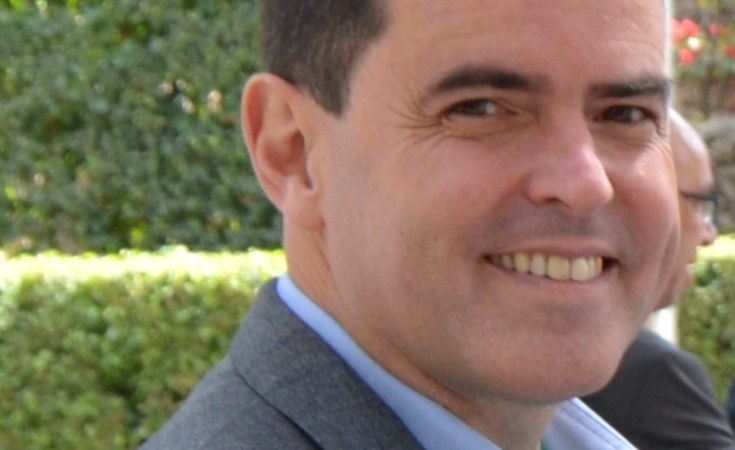The solution for quality of education for the benefit of all crystallizes the attentions during this high level meeting on the global partnership for education which taken place, 1st to 2 February 2018 in Dakar. A recognized actor in this sector, especially in Africa, ActionAid International suggests an approach based on two essential pillars: the financing of education through progressive taxation and the equitable redistribution of resources and power to get every child to school. The Secretary General, Adriano Campolina, questioned on the issue, called for all businesses who want to contribute to education to pay their share of tax so that the governments from developing countries would mobilize more resources to allocate to education.
What is ActionAid’s perception of the global situation of education financing around the world?
ActionAid realized that the challenges are enormous because of the large gap in the financing of education. We must all mobilize to fill this gap and find sufficient resources to claim quality education.
We are also convinced and the Commission for education has shown that to achieve quality education, we must mobilize 97% from domestic resources and 3% from international sources. The developing countries have to pay more than low income countries.
Detailed research on the link between education and tax has been undertaken by ActionAid and we believe that small steps to address tax justice could lead to massive steps in financing for education.
Today, what are the major challenges that educational sector is facing in the region like Africa?
According to ActionAid, funding is the biggest challenge. There are also issues of inequality because even if the resources are mobilized, we see the money is not going to the right place. In the same country, we can note a gap between the urban and the rural zones in term of access to public service. This shows that even if resources are mobilized, we will have to have a fair distribution that takes these things into account. These are elements ActionAid has really documented.
This research shows that the tax exemptions and what IMF is calling as ‘harmful incentives’ offered to large companies have resulted in countries losing $ 138 billion a year. If 20 per cent of that lost revenue was spent on education, we could make actual progress in getting every child into school. This amount could have served thousands of children in sub-Saharan Africa. The fact that these big companies do not pay their fair share of tax is a huge shortfall for the countries because it would mobilize enough resources with a progressive taxation system so that the education money can stay in the countries.
Through research, ActionAid has documented the financing and equitable distribution of resources to show how the progressive tax to multinationals can enable developing countries to solve the problems of education.
What are the initiatives undertaken by ActionAid that can serve as an example to overcome the difficulties in the education sector in Africa?
Essentially, ActionAid works on three levels. At the local level, we mobilize communities and push for the respect of the right to public and free education. We generate evidence and lobby government for progressive taxation to finance education. We generate alternative and to have reliable arguments for policy change.
The second point is to advocate government for great allocation of aid. Advocate at national level to have a good quality of public service especially on the education sector. We also call states that mobilize public resources for education use this money effectively and efficiently to ensure that all children especially those who are in more vulnerable areas to access to good quality of education and to hold governments accountable.
At international we work with the Global campaign for education which tries to look at international constraint such as tax justice we work to have a new body at the UN level to ensure tax justice to all.
It is also necessary to build a strategic alliance with other Civil Society Organizations especially education and tax justice coalitions and other organizations working on the same issue. We recommend government in developing countries to reduce harmful tax incentives given to corporations to have progressive taxation system which would expand the education spending in a sustainable way hence ensure that education budget in is guaranteed for all.


